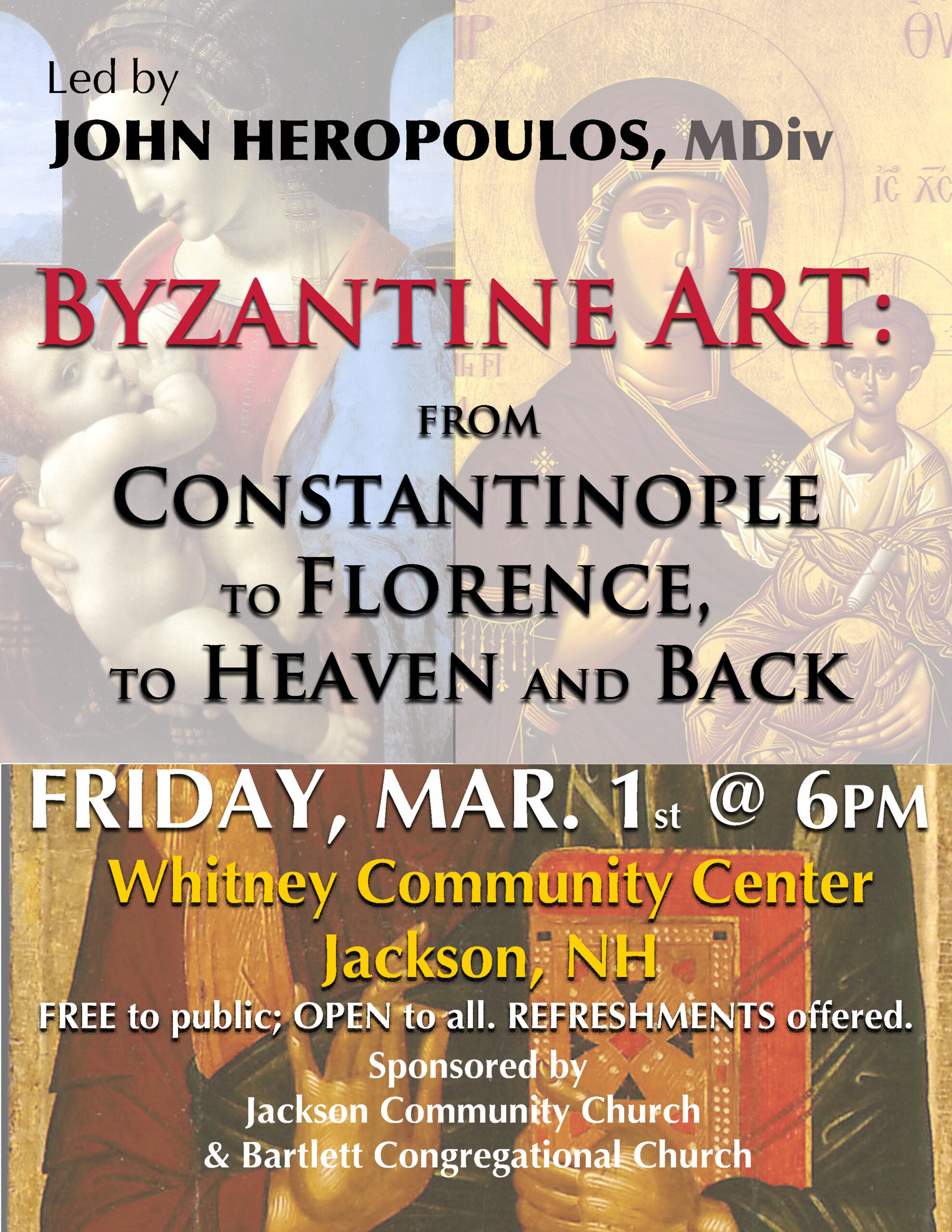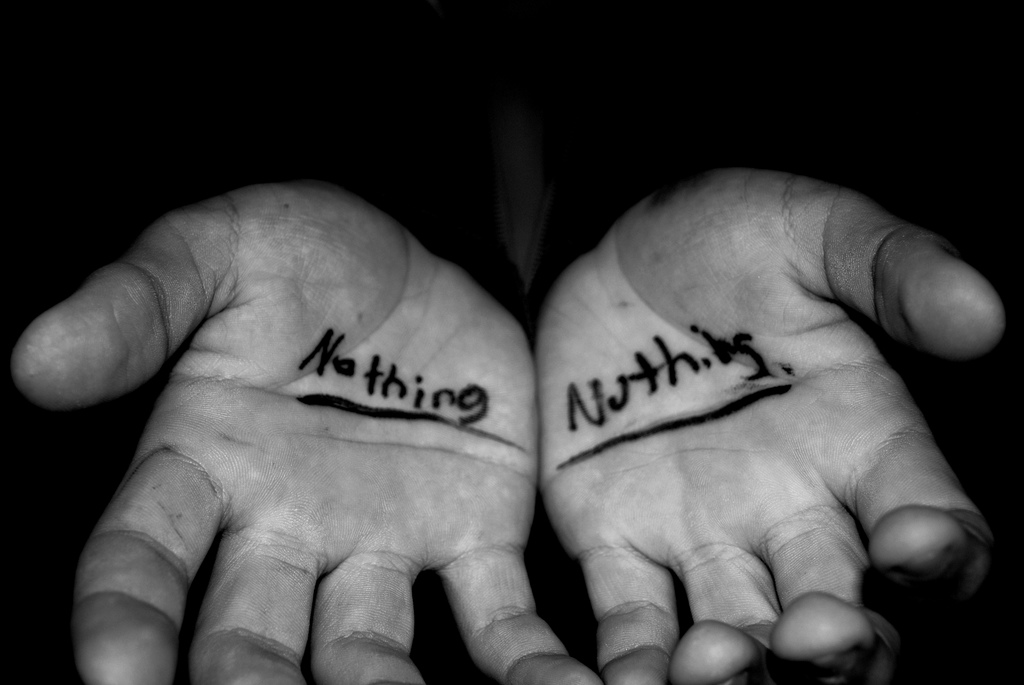Save the Date: Fri, MARCH 1st – BYZANTINE ART: From Constantinople to Florence to Heaven and Back
BYZANTINE ART: From Constantinople to Florence to Heaven and Back Friday, March 1 • 6pm Whitney Community Center, Jackson, NH with John Heroopoulos, MDiv. Hosted at the Whitney Community Center in Jackson, NH, this program features the expertise and passion of Rev. John Heropoulos, MDiv Offering exquisite images in an illustrated survey of Western art […]


